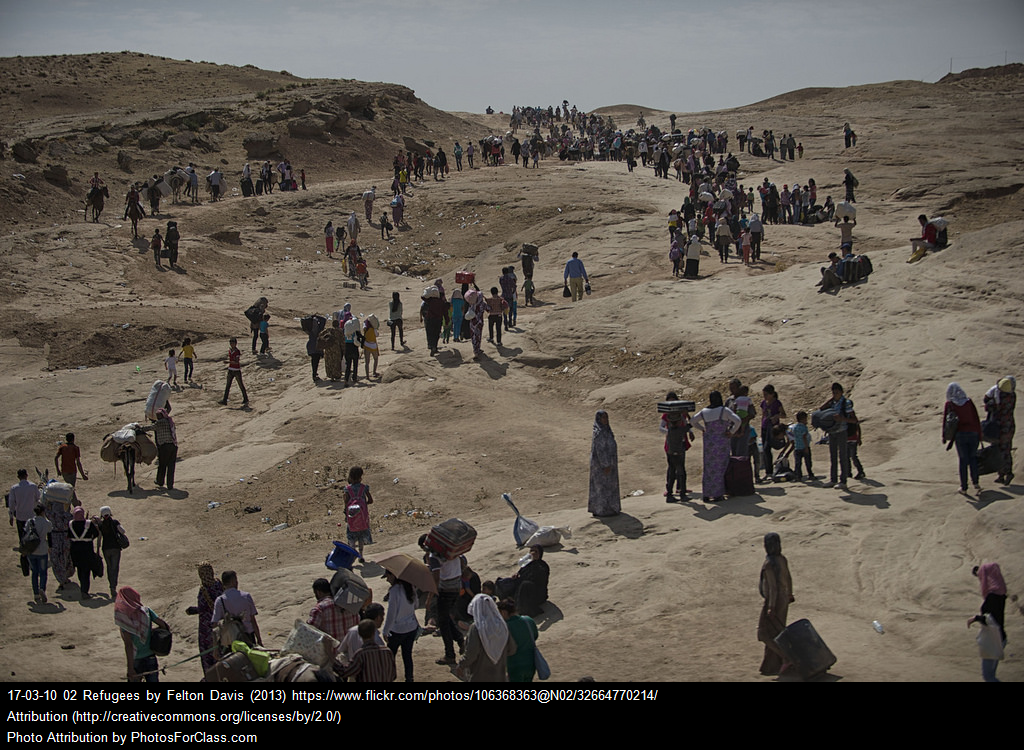Syrian Refugees in Turkey

Refugee crisis is one of the biggest consequences of the Syrian civil war which continues until 2011. Currently, more than 3.5 million Syrians are registered in Turkey, around 4.45 per cent of the population. Our research aims to understand the current situation of them.
According to the Turkish Ministry Of Interior Directorate General Of Migration Management (DGMM), only 6.01% of the Syrians are living in Refugee camps, and 94 per cent of them settled around the country. Syrians prefer to live in big cities for the opportunity to access to job opportunities, and also in South cities of Turkey which are culturally closer to Syria. Because of the high population of Istanbul, authorities are blocking the new registrations to city since February 2018.
(DGMM – 17.05.2018)
Society
According to the interviews of International Crisis Group (ICG) made in Gaziantep, Adana, Istanbul, Osmaniye and Kilis in 2016, Syrians express gratitude for the protection Turkey offers. 70 per cent of those Crisis Group talked to across the country underscored a desire to go home when the war ends, but many also listed numerous factors that make Turkey more desirable than Europe. These include proximity to Syria, cultural similarities (especially in border provinces), social tolerance, the government’s hospitable approach and absence of Islamophobia. Some said being physically close to Syria makes them more optimistic about the future. Another widely shared sentiment was to be actively involved in making a new Syria, as many believe those who leave for Europe “will not be able to come back”.
Integration level of the Syrians to the Turkish society is limited. Despite of this, the number of Turkish-Syrian couples is decreasing. Until February 2018, more than 35 thousand Turkish-Syrian couples were married.
(Araştırma Geliştirme Dış İlişkiler Daire Başkanlığı – 09.03.2018)
Education

The education of Syrian children means that they will able to use their potential, and they will be suitable to participate to the society. For authorities preventing the rise of a lost generation is important for the economy and for the integration of Syrians to the society.
Though the number of Syrian children enrolled in school is gradually rising, nearly 350,000 of the around 980,000 of school age still do not attend any educational facility as of May 2018, according to Turkish Ministry of National Education (MoNE) figures.
(MoNE – May 2018)
Economy
Turkey’s Disaster and Emergency Management Authority (AFAD) declared that Turkey has so far spent more than $30.2 billion on the wellbeing of this displaced population.
Also, the total humanitarian funding provided by the EU to support refugees in Turkey through the Facility is €1.4 billion. The Facility’s flagship humanitarian programme is the Emergency Social Safety Net (ESSN), a social assistance scheme that will allow up to 1.3 million of the most vulnerable refugees to meet their most pressing basic needs. With financing of €998 million from the EU the implementing partner the World Food Programme (WFP), in collaboration with the Turkish Red Crescent and Turkish government institutions, is distributing debit cards to members of refugee families through which payments are made directly. As of February 2018, the ESSN has reached nearly 1.2 million beneficiaries. It is the largest single humanitarian project in the history of the EU. (European Civil Protection and Humanitarian Aid Operations Report – 06.04.2018)
On the other hand, Syrian businesses have a significant impact on Turkish economy. According to a June 2017 study by Building Markets, a U.S.-based NGO, Syrians in Turkey have invested more than $330 million, creating more than 6,000 formal companies since 2011. The same study finds that these enterprises employ on average 9.4 Syrians, the majority of whom previously worked in the informal sector. As of December 2017, there were about 8,000 registered Syrian businesses in Turkey; experts put the number of unregistered enterprises at about 10,000. (ICG Report – 29.01.2018)